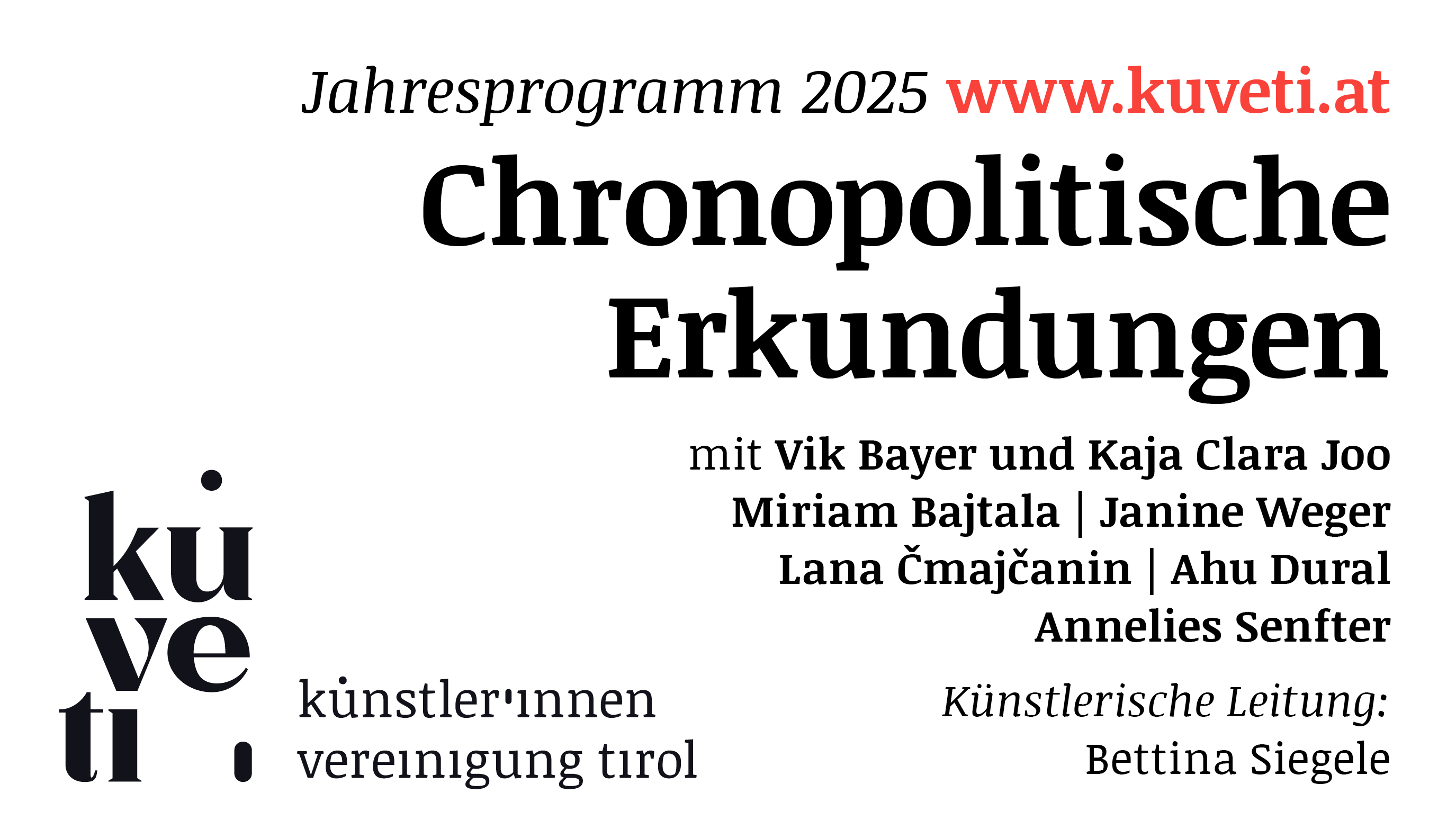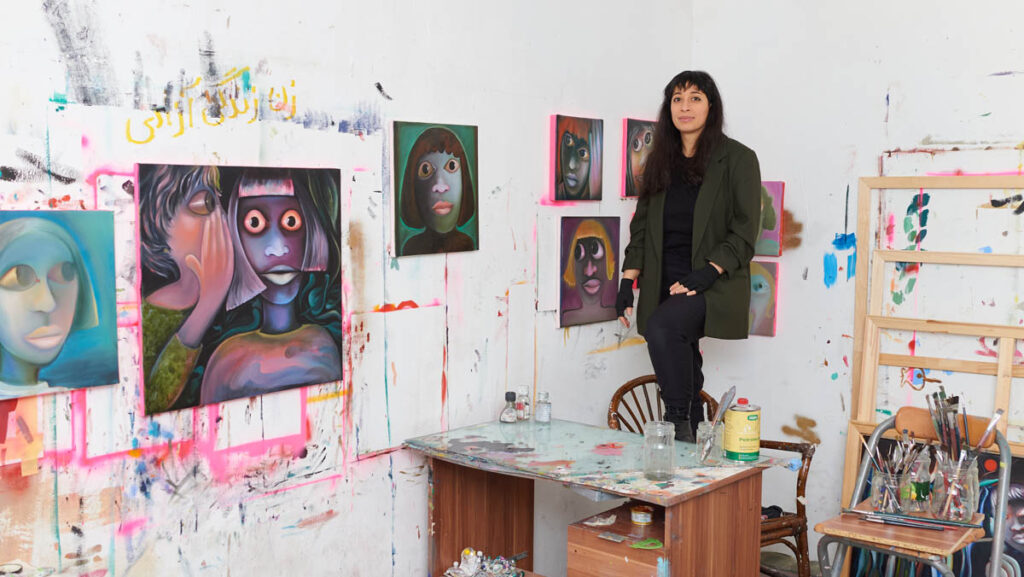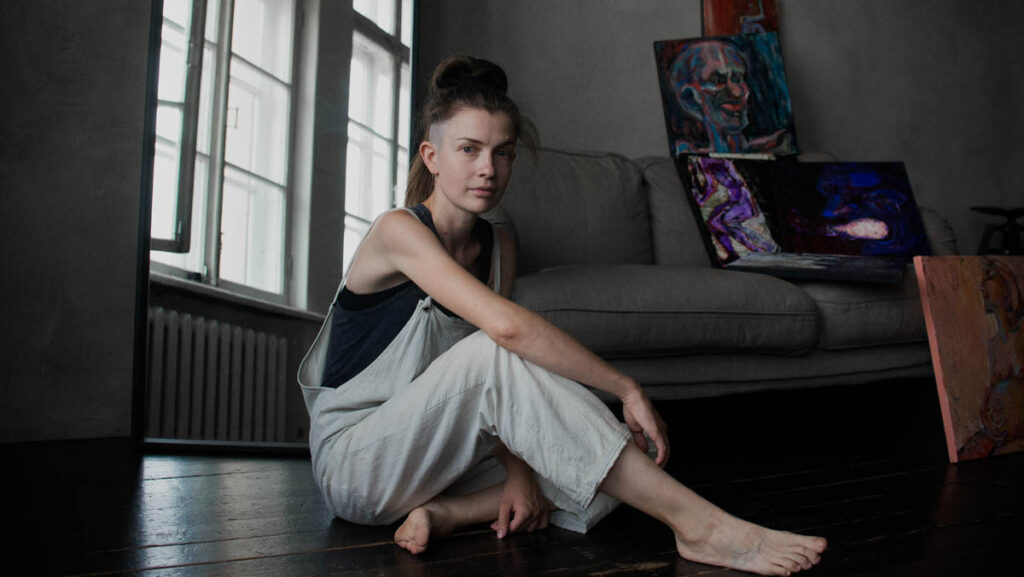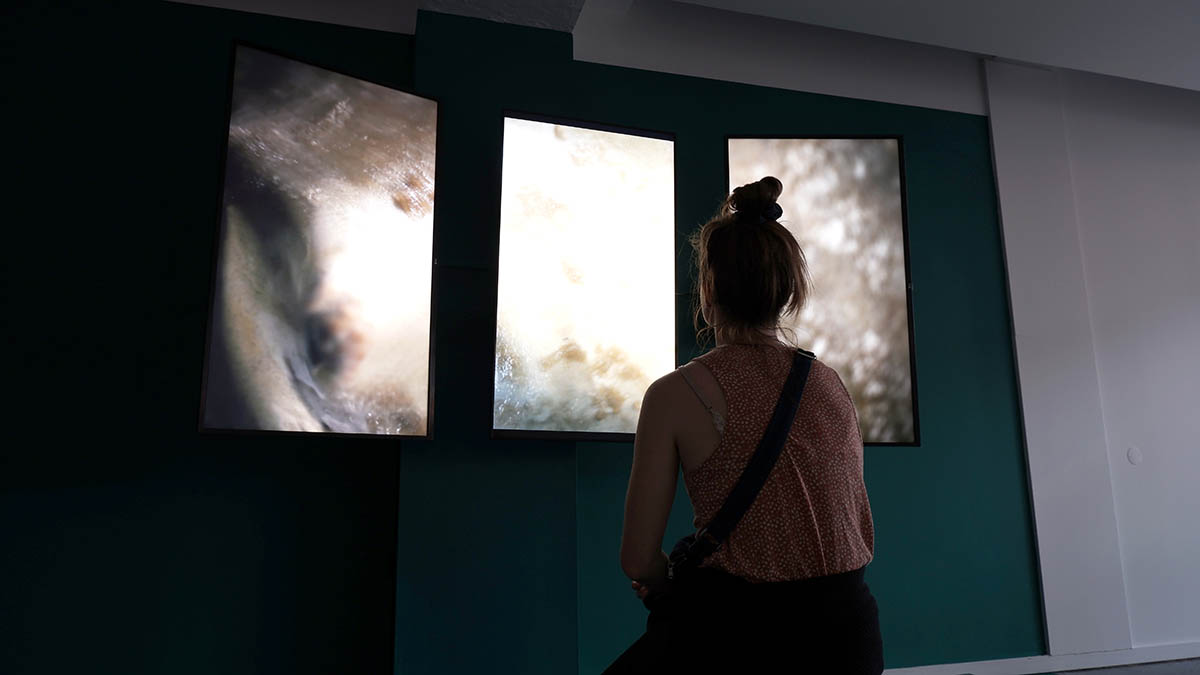
Listed in the Forbes 30 Under 30 List of 2023, Flavia graduated with distinction at the Academy of Fine Arts Vienna in 2020. Her works have been shown and awarded at multiple national and international exhibitions and festivals, among others the Ars Electronica Festival (AT), Digital Arts Festival Zurich (CH), Kunst Haus Wien (AT), and Athens Digital Arts Festival (GR). Alongside her artistic practice, Flavia is co-founder of Immerea – an interactive media company focusing on the development of VR games and immersive installations – and is active as a university lecturer and speaker at national and international symposiums and festivals.
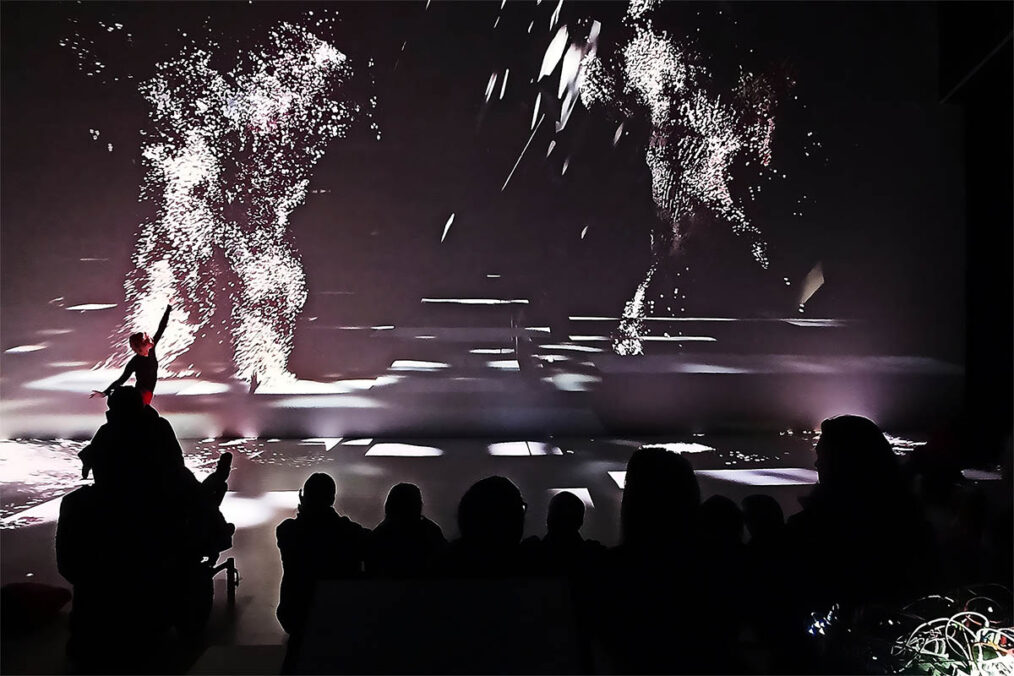
What is your background?
I studied at the Institute of Art and Architecture of the Academy of Fine Arts in Vienna, where I started to work with virtual spatial design and digital interactivity. During my studies, I started working on various media art projects dealing with experimental architecture and filmmaking as well as new media art practices. After graduating in June 2020, I decided to continue working as a multimedia artist and deepen my artistic practice and research.
In what ways do you see your artistic practice making a meaningful contribution to the dialogue on environmentalism and identity?
In my work, I often deal with post-anthropocentric and more-than-human concepts on bodies, identities, and environments. I like to understand the term „post-anthropocentric“ not as something that refers to a dystopian future or beyond our human existence, but rather as a different way of looking at ourselves and our world – a perspective that goes beyond the idea of humans at the center of everything and aims for less hierarchical and more horizontally intertwined relationships. This also applies to the concept of the self, where I am currently exploring fluid identities and how different environments and interactions affect us throughout our lives.
In this context, I love to capture real, human, and nonhuman bodies and physical environments and to postprocess this material with digital, often interactive, technologies. I am here interested in looking at how different media can help us see a more active environment, at the intersection of artistic research and interdisciplinary projects.
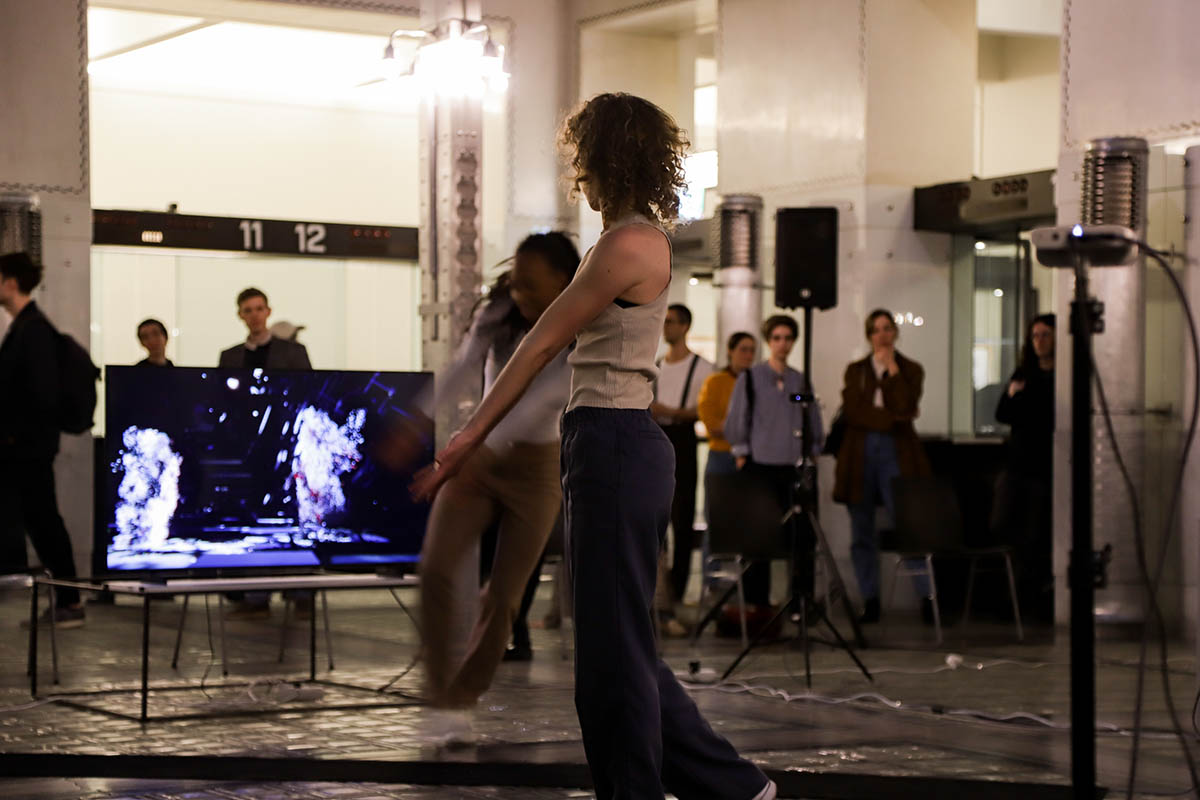
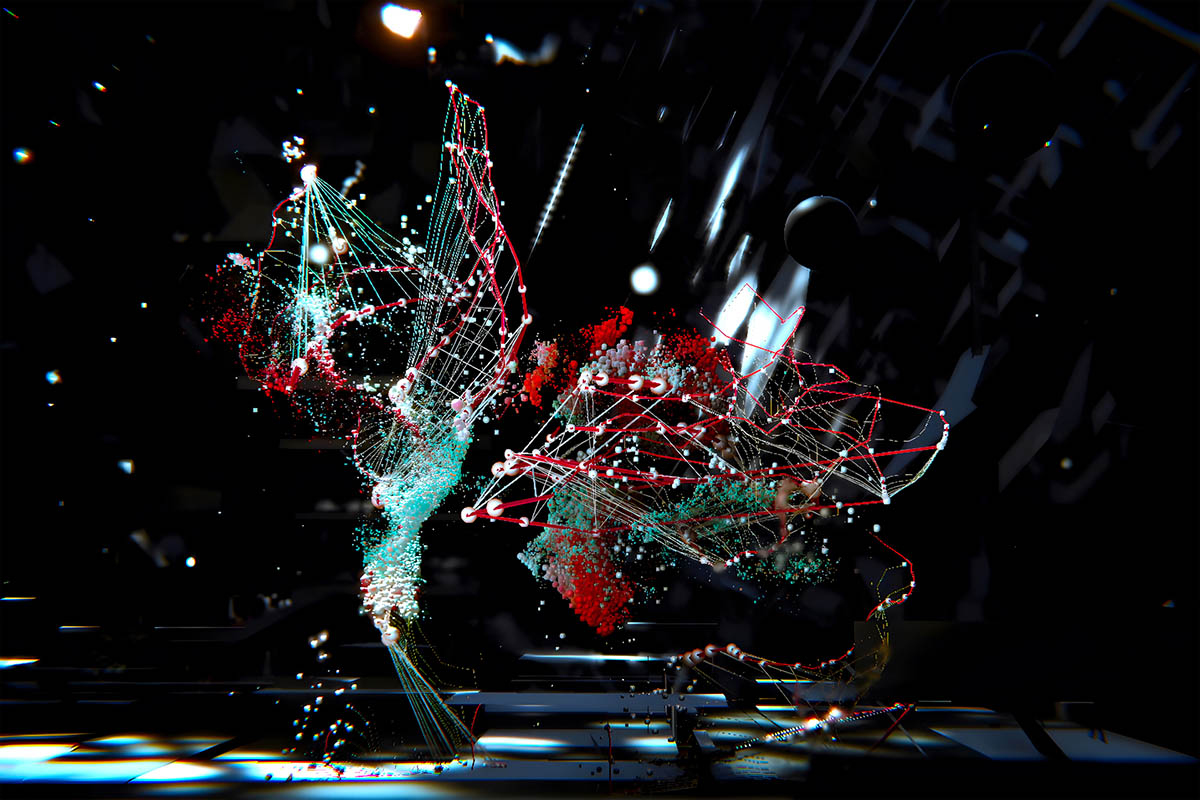
How does your personal experience as a half-Brazilian person who grew up between European and Brazilian cultures influence your artistic work and research?
As someone who grew up between European and Brazilian cultures and narratives, I believe in the importance of the environment as an active subject in shaping who we are and who we are constantly transforming into. For me, growing up between different continents meant that I had to constantly question everything, learning very soon that I had to adopt different perspectives. On the one hand, being influenced by traditional western narratives, while, on the other hand, by the richness and diversity of Brazilian storytelling.
You have just returned from an art scholarship in São Paulo, Brazil. What experiences did you gain there?
My experience in São Paulo has been very enriching, both from an artistic, professional, and personal point of view. I’ve only been in the city more often in recent years, as my family comes from Rio de Janeiro, so in this sense, it has been a very inspiring time of discovery and consolidation. What I love about this huge metropolis, which in Portuguese is often referred to as „Selva de Pedra“ (concrete jungle), is the great variety of different scenarios within what from above looks like an infinite concrete horizon – from extensive areas of natural parks to rural areas, a significant region of preserved Atlantic rainforest as well as indigenous territories.
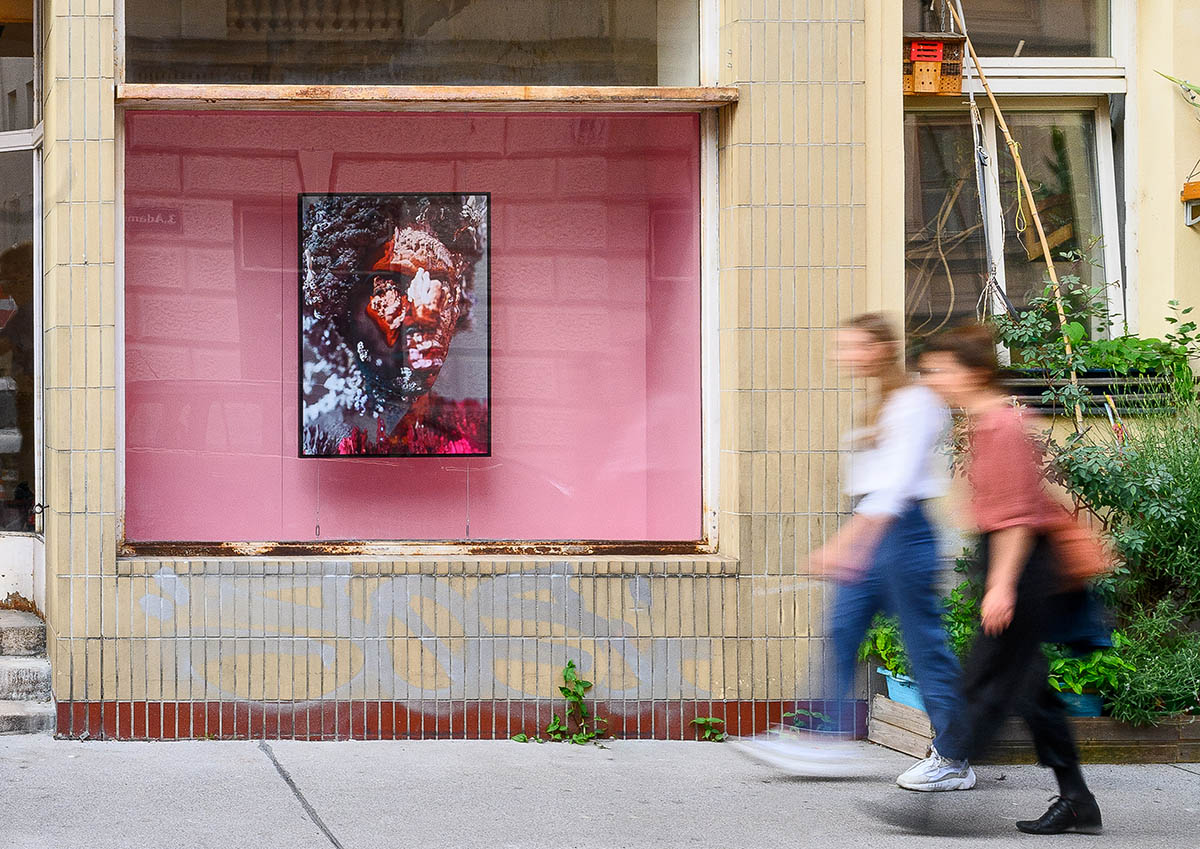
What have you been working on?
In my two-month scholarship in São Paulo, I had the opportunity to deepen my research on fluid selves and to collect a lot of auditory and visual material for my upcoming project. I conducted interviews with people from different regions of the metropolitan area of São Paulo, talking about their relationship to the place where they grew up and where they currently live, recorded soundscapes and 3D scanned different urban, rural, and natural locations. I also had the opportunity to visit an indigenous territory near São Paulo, where I could learn more about the indigenous culture of the Tupi-Guarani.
Currently, I am in the process of elaborating all the raw material and working on new artworks in the post-photographic context.
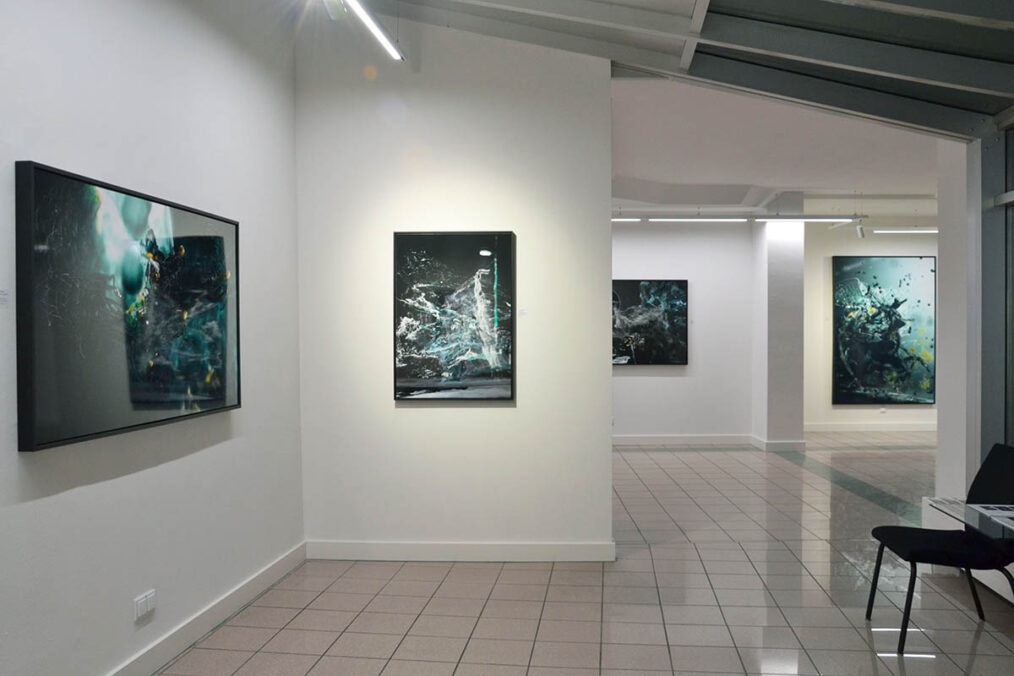
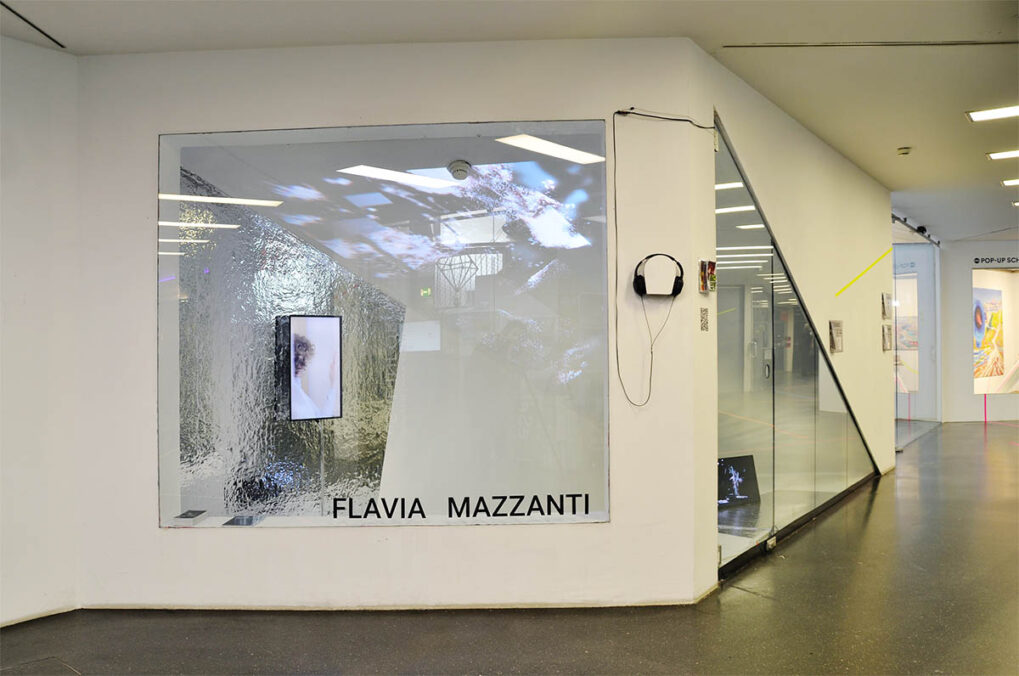
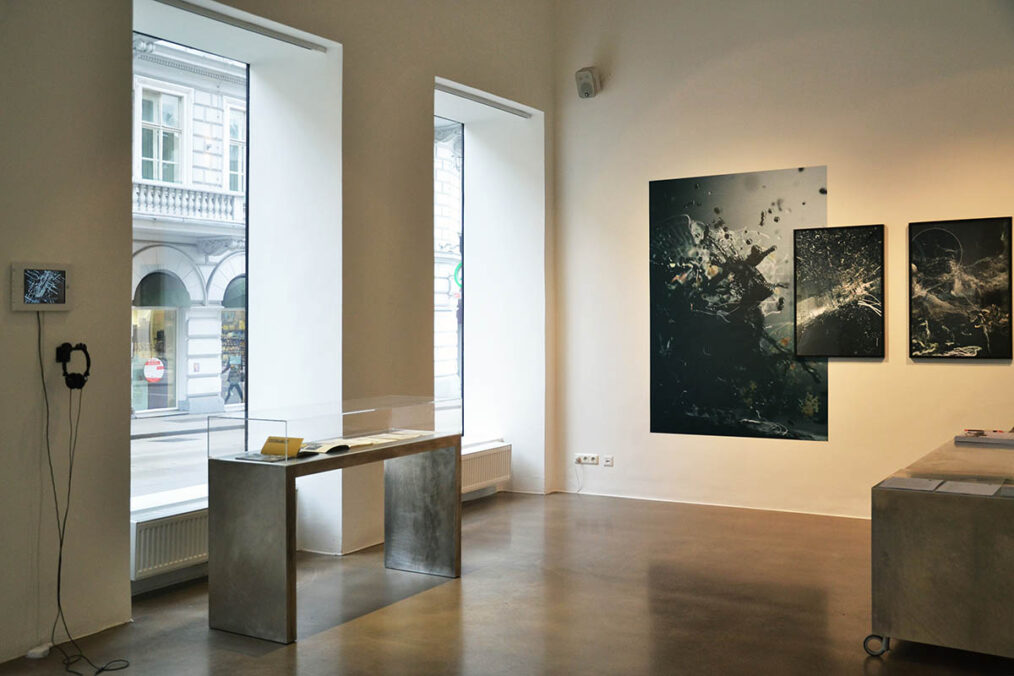
What memories would you like to share from your time there?
I believe that the most inspiring experience for me has been the exchange I had with people from all different backgrounds, being able to talk in one of my native languages and to connect with people on a deeper level. I am very grateful for the time spent and can’t wait to see how these experiences will have an impact on my future work.
How do you see your role as an artist in contemporary discussions about the environment, identity, and society?
I believe that art can play a very important role in contemporary discussions. With my work, I have been dealing with and addressing environmental issues from an artistic point of view for the last 5 years. My main sources of inspiration are mostly contemporary philosophical books and publications, especially from authors such as, among others, Donna Haraway, Anna Tsing, Rosi Braidotti, and Rein Raud. I am interested in creating projects that combine artistic-philosophical, fictional, and personal levels and make them accessible to a wide audience, creating a space for reflection and dialogue for alternative, post-anthropocentric scenarios for our present and future.
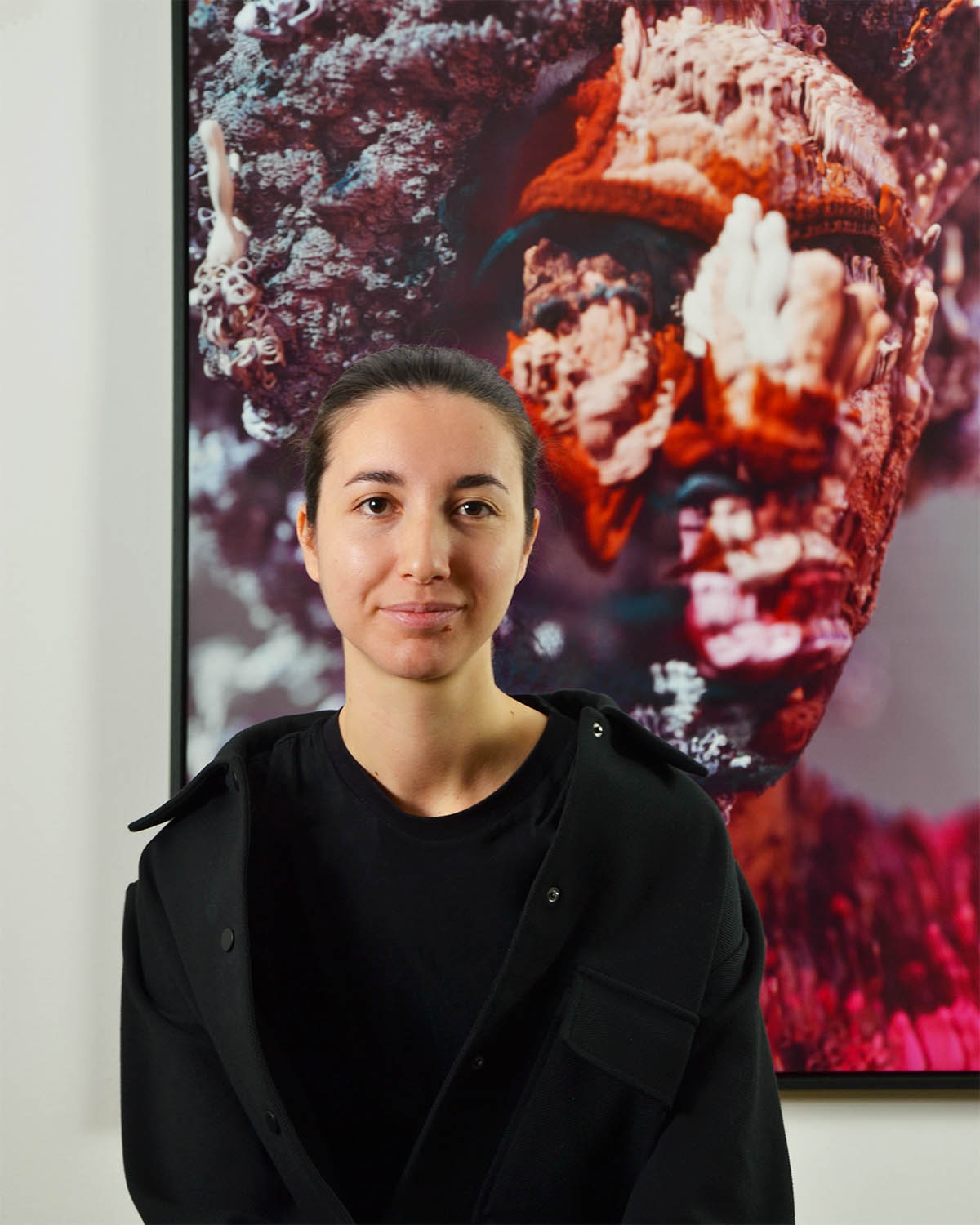
What other plans do you have in store for 2024?
Right after my return from São Paulo, I had the opportunity to present my latest project, the interactive installation “Beyond My Skin”, at the Deep Space of the Ars Electronica Center in Linz in occasion of the International Women’s Day, as well as to open a solo exhibition at the Schaufenster of ASIFAKEIL, in the MuseumsQuartier in Vienna, which runs until May 17.
I am currently planning further exhibitions and talks for the upcoming months, while working on a phygital, Mixed Reality version of the previously mentioned project “Beyond My Skin”, as an additional layer to the back and forth interaction between physical and virtual worlds present in the work. The project has been conceived and directed by me and realized by Immerea, an interactive media company I co-founded in Vienna in 2021.
Flavia Mazzanti – www.flaviamazzanti.com, www.immerea.com, www.instagram.com/flavia_mazz



